Solar panels are one of the most talked-about home upgrades today, not only because they reduce energy bills but also because they can potentially increase the value of your property. As more homeowners focus on sustainability and energy independence, the question often arises: do solar panels really boost home value, and if so, by how much? At Ohio Cabin and Structures, we work with homeowners who want to build or upgrade their homes for long-term comfort and efficiency. Whether it’s modular homes, cabins, or tiny homes, energy-efficient designs often have better resale appeal, and solar power plays a growing part in that trend.
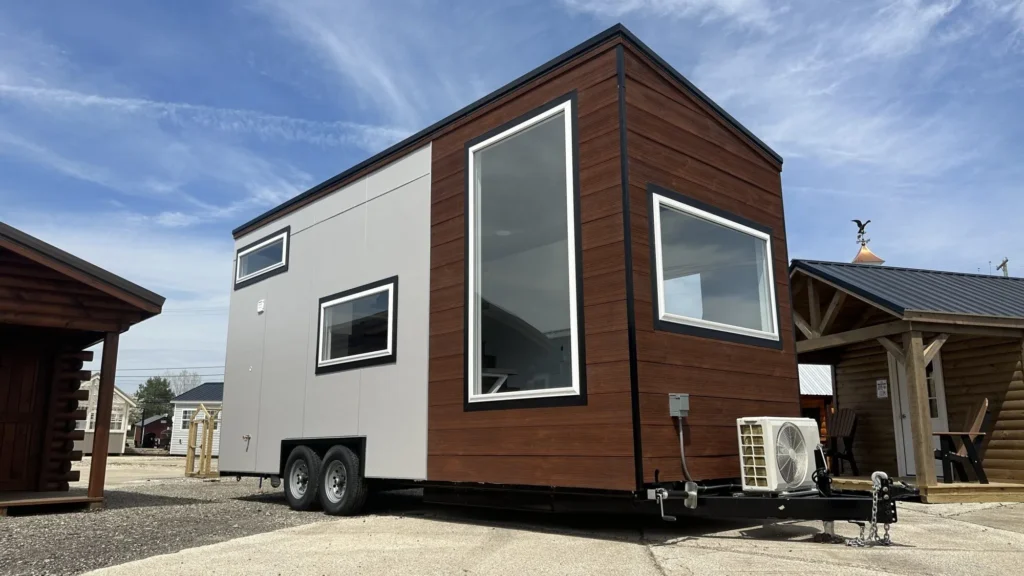
How Solar Panels Add Value to a Home
Solar panels can increase home value by lowering long-term energy costs, appealing to eco-conscious buyers, and improving a property’s energy rating. When installed correctly, solar panels are seen as a permanent home upgrade, much like a renovated kitchen or a finished basement, that adds tangible value. Multiple studies show that homes with solar systems sell for more than comparable homes without them. According to data from the U.S. Department of Energy, homes with solar power tend to sell faster and at higher prices because buyers view them as modern, sustainable, and cost-efficient investments.
Average Value Increase from Solar Panels
While the exact amount varies by location and system size, most research estimates that solar panels can raise a home’s value by about 3% to 5%. For a home valued at $300,000, that’s an increase of $9,000 to $15,000. In areas with high electricity rates or strong renewable energy incentives, that figure can be even higher. Buyers are often willing to pay more for a home that promises lower utility bills and long-term energy stability. Over time, as electricity costs continue to rise, homes with solar systems are likely to become even more desirable on the real estate market.
Factors That Influence the Value Increase
Several factors determine how much value solar panels add to a home. These include the location, size of the solar system, age of the panels, and whether they’re owned or leased. Each plays a different role in how appraisers and buyers view solar installations.
1. Location: In sunny states or areas with high electricity rates, solar panels deliver greater savings, which translates to higher home value. In regions with lower energy costs, the value increase may be smaller but still meaningful.
2. System size and efficiency: Larger or newer systems that produce more power are more valuable. Buyers look for systems that can cover most or all of the home’s energy use.
3. Ownership: Owned systems add more value than leased ones. A leased system transfers with the home sale but doesn’t directly increase property value because the panels technically belong to the leasing company.
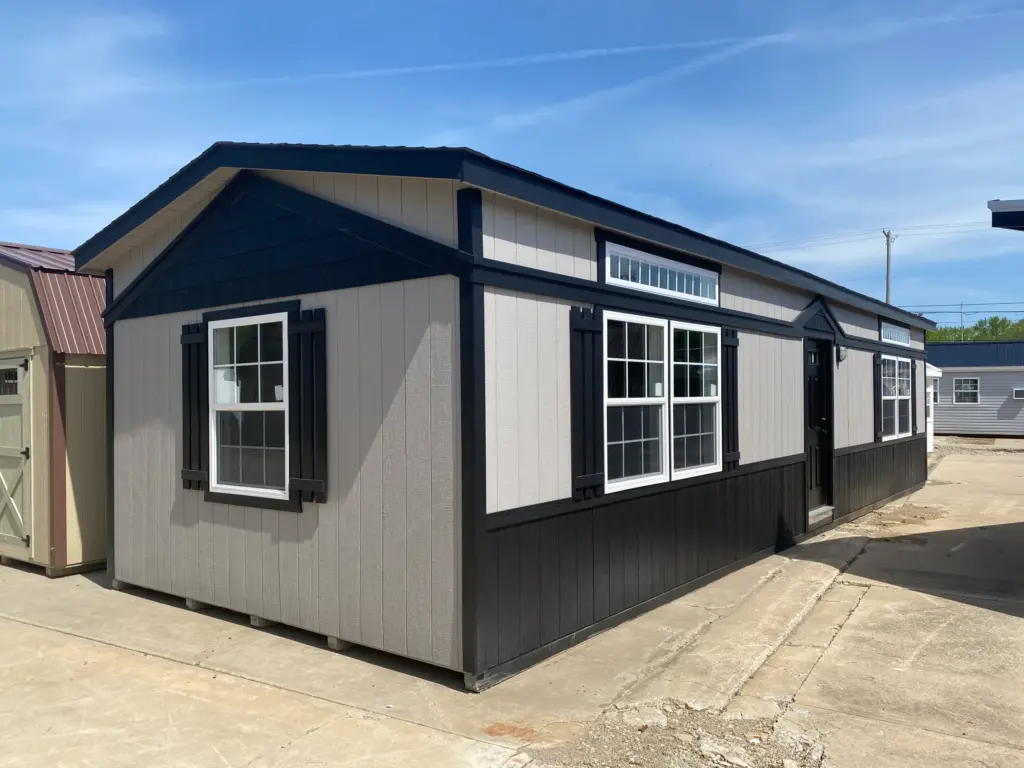
How Appraisers Evaluate Solar Panels
Appraisers look at solar panels much like they would other permanent home improvements. They consider installation cost, expected savings, and market demand. A professional appraisal can include a solar valuation adjustment that reflects the system’s economic benefit over time. Many real estate agents now use energy-efficient upgrades as selling points, highlighting lower monthly costs and reduced carbon footprints to attract buyers. The appeal of sustainability is growing, especially among younger homeowners.
Impact on Energy Savings and Monthly Bills
One of the biggest financial advantages of solar panels is lower energy costs. Depending on system size and household energy use, homeowners can save anywhere from 50% to 100% on their electricity bills. These savings add up quickly, making the investment even more appealing to potential buyers. In some states, excess energy can be sold back to the grid through net metering programs, giving homeowners credits on their utility bills. This benefit not only offsets the installation cost but also adds resale appeal for buyers who appreciate predictable energy expenses.
Do Solar Panels Affect Property Taxes?
In many areas, installing solar panels increases a home’s market value but does not increase property taxes thanks to state and local tax exemptions. Many governments encourage renewable energy use by exempting the added solar value from property tax assessments. Always check local regulations, since tax laws vary by state. For Ohio homeowners, it’s worth verifying available solar incentives before installation. These programs can make solar more affordable and help maximize the return on investment.
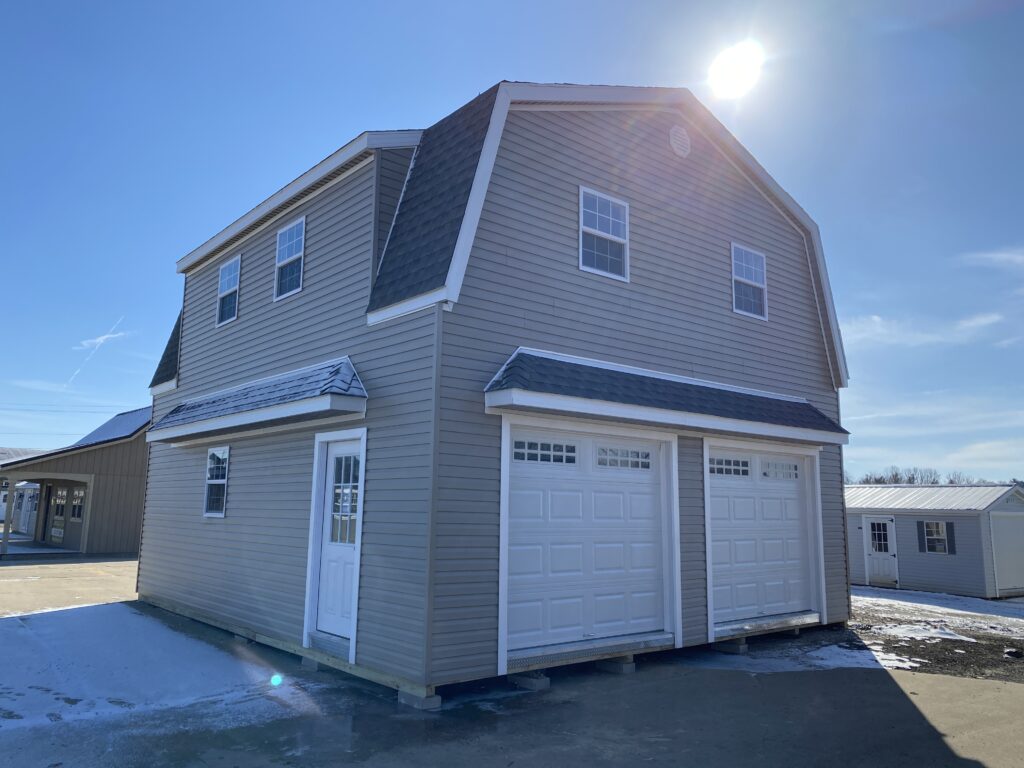
Owned vs. Leased Solar Systems
Ownership makes a big difference when it comes to increasing home value. If you own your solar system outright, whether you purchased it upfront or through financing, it directly adds equity to your property. Buyers appreciate knowing they won’t inherit a monthly lease payment. Leased systems, however, can complicate a sale. Some buyers may be hesitant to take over a lease, while others might see it as a convenience since the system is already maintained by the leasing company. It’s best to be transparent about the arrangement when listing the home for sale.
Solar Panels and Curb Appeal
Modern solar panels are sleeker and more discreet than older models, and many homeowners now consider them a design feature. When installed thoughtfully, panels can complement a home’s architecture rather than detract from it. Flush-mounted systems and black-framed panels blend better with roofs and siding. For new builds, integrating solar power into the design from the start creates a cleaner aesthetic and better efficiency. Builders focused on sustainable construction, like those at Ohio Cabin and Structures, understand how to balance appearance, efficiency, and function.
Solar Payback Period and Long-Term Value
The payback period for solar panels depends on the cost of installation, available incentives, and energy usage. On average, most systems pay for themselves within 6 to 10 years through savings on electricity. After that, homeowners essentially enjoy free power for the remaining lifespan of the panels, which often exceeds 25 years. That long-term return on investment makes solar panels a financially smart choice. The longer a homeowner keeps the property, the more the panels contribute to overall savings and value.
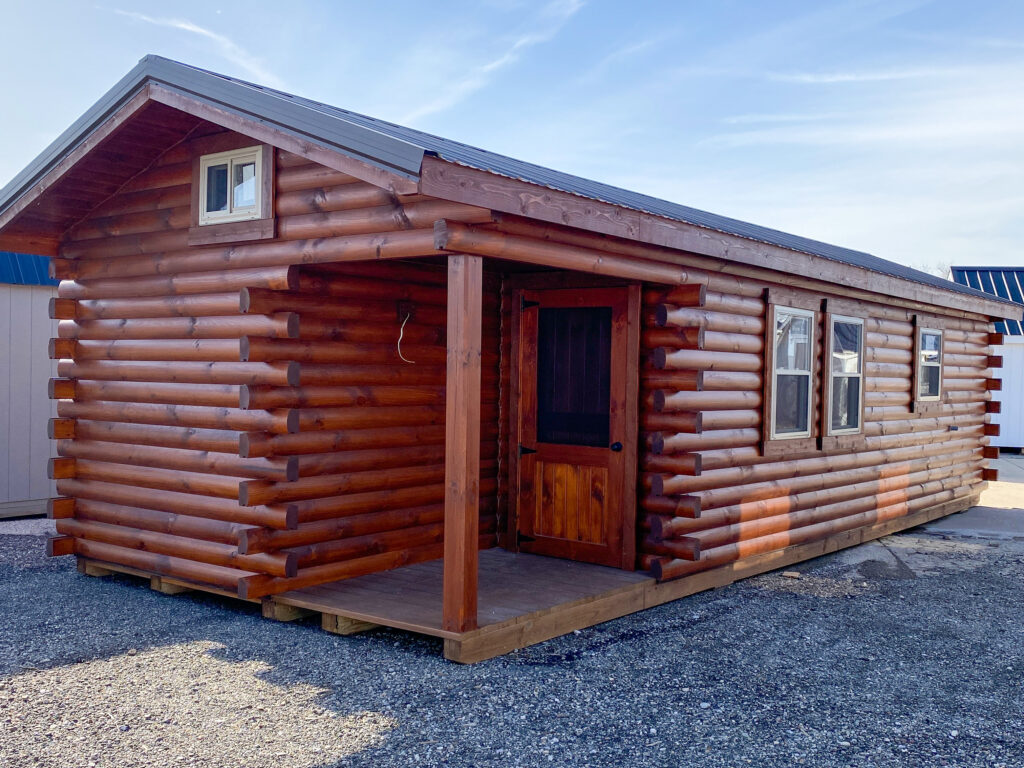
Environmental Appeal to Buyers
Beyond financial savings, solar panels appeal to buyers who value environmental responsibility. Reducing reliance on fossil fuels and lowering carbon emissions are major incentives for today’s eco-minded homeowners. In real estate listings, highlighting energy-efficient features often attracts more attention and can help homes sell faster. Solar energy systems also support green certifications and energy-efficient home design programs, making them more appealing to environmentally conscious buyers.
Impact on Selling Time
Homes with solar panels often sell faster than similar homes without them. Buyers recognize the immediate savings and are willing to pay a premium for a home that’s already energy-efficient. Some studies show homes with solar systems sell up to 20% faster, depending on the market and season. When listing a home, it’s important to highlight solar benefits in the property description, such as the system’s size, age, energy production, and cost savings. This helps buyers see the full value beyond just the physical panels.
Solar Panel Lifespan and Maintenance
Solar panels are low-maintenance and long-lasting. Most manufacturers offer warranties between 20 and 30 years. Regular cleaning and periodic inspection are usually all that’s required to keep them working efficiently. Inverters may need replacement once during the system’s lifetime, but overall maintenance costs are minimal compared to the benefits. Because solar panels are so durable, they maintain their value well over time. Even older systems continue to provide energy savings that enhance resale appeal.
Financing and Incentives That Increase ROI
Several financing options and government incentives make solar power more accessible. Federal tax credits, state rebates, and local grants can reduce upfront costs significantly. These programs increase the overall return on investment and make homes with solar panels more attractive to buyers. In the U.S., the federal solar tax credit currently allows homeowners to deduct a portion of installation costs from their federal taxes. This incentive continues to encourage homeowners to adopt renewable energy systems and boost property value.
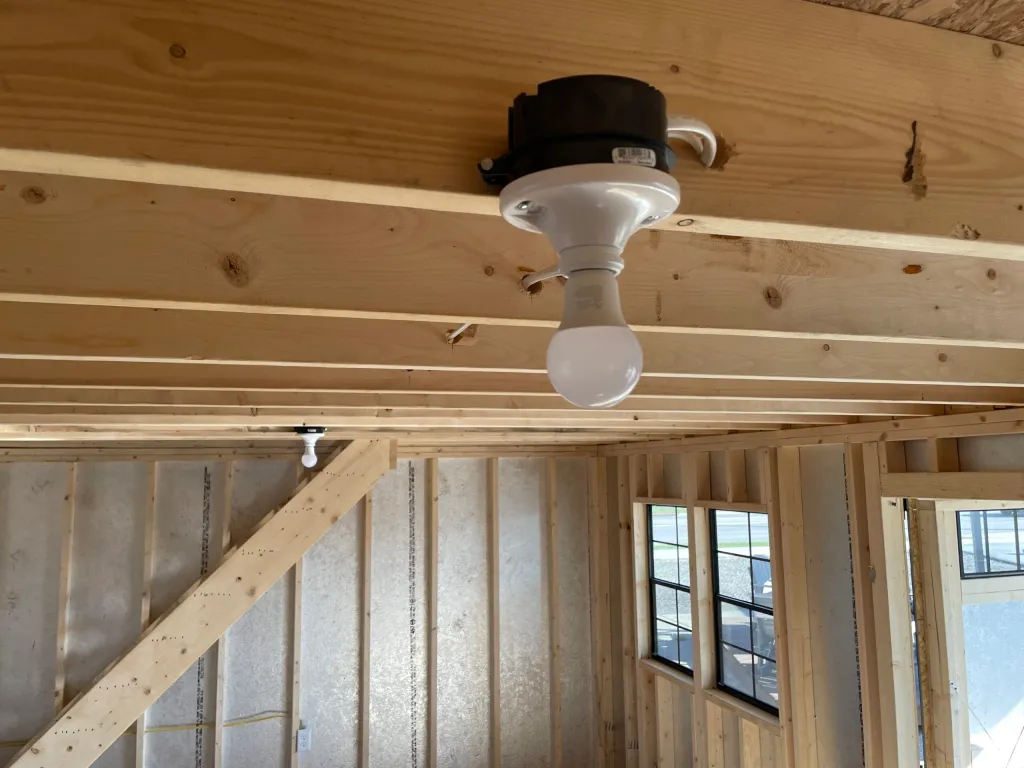
When Solar Might Not Add Value
There are cases where solar panels may not dramatically increase home value. If the system is old, inefficient, or poorly maintained, buyers might view it as a future expense. Likewise, if the panels are leased rather than owned, some buyers could be cautious about taking on existing contracts. In neighborhoods where energy costs are low or where solar adoption is rare, the added value may be smaller. Still, even in these areas, the benefit of reduced energy bills remains a strong selling point.
Solar Power and Modern Home Construction
Modern home builders increasingly design properties to be solar-ready, meaning they include proper roof orientation, wiring, and space for future installation. This flexibility adds long-term value even for homeowners who aren’t ready to install panels immediately. It ensures the home remains adaptable to future energy technology upgrades. Homes built with energy efficiency in mind, like those by Ohio Cabin and Structures, tend to attract higher market interest because they combine style, practicality, and sustainability.
Tips Before Installing Solar Panels
Before installing solar panels, evaluate your home’s roof condition and orientation. South-facing roofs generally receive the most sunlight, maximizing energy generation. Consider the age of your roofing material as well, it’s best to replace old shingles before installing panels to avoid reinstallation later. Also, check local zoning laws, utility programs, and homeowner association rules that might affect installation. Working with a reputable solar installer ensures compliance with all requirements and proper system performance.
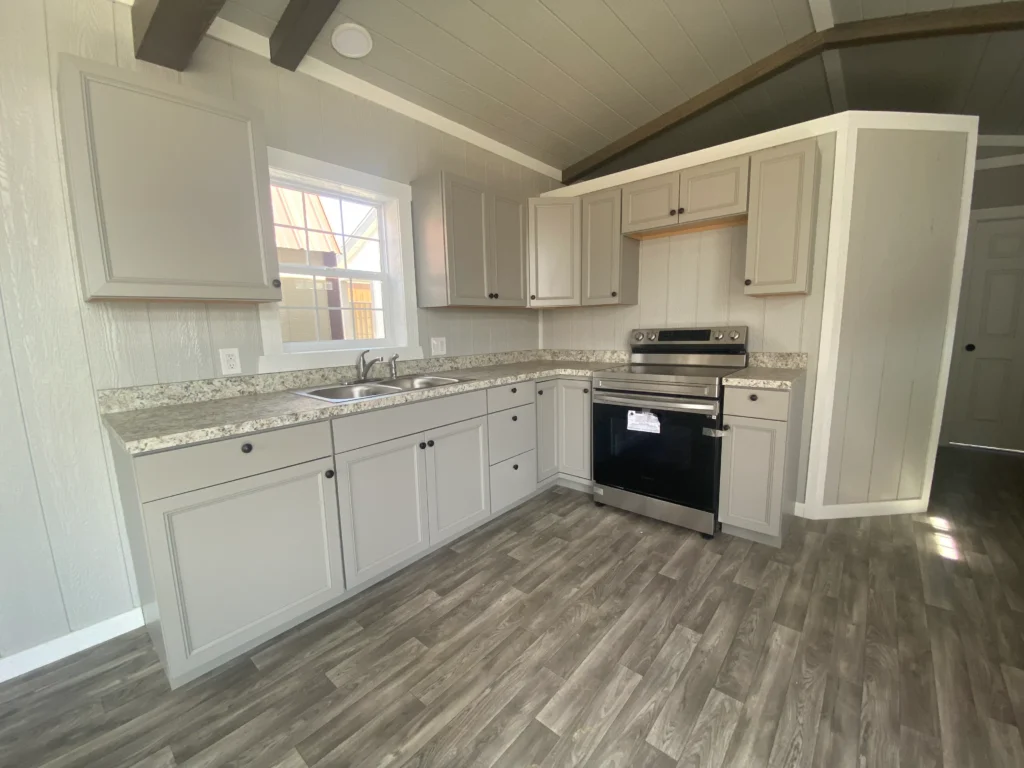
Final Thoughts
So, will solar panels increase home value? In most cases, yes, especially when the system is owned, efficient, and well-maintained. Solar panels appeal to modern buyers who value cost savings, energy independence, and sustainable living. As energy prices rise and eco-conscious home design becomes more popular, solar-powered homes will continue to stand out in the market.
For homeowners planning to build or upgrade, investing in renewable energy solutions can be both financially and environmentally rewarding. To learn more about improving your home’s efficiency and long-term value, connect with experts through the Ohio Cabin and Structures contact page for practical guidance on smart, sustainable building choices.
